Russian troops arrive for joint drill
For decades, Pakistan and Russia remained hostile to each other because of the events that unfolded in Afghanistan
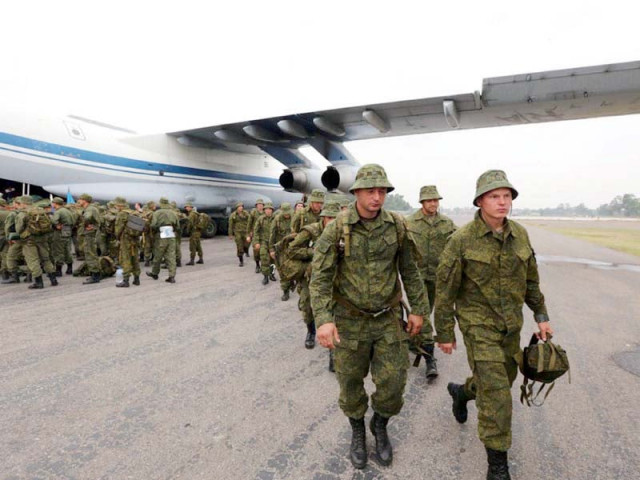
A contingent of Russian forces arrive in Pakistan for joint military exercises. PHOTO: INP
The two-week long drills, dubbed Friendship 2016, are set to begin today (Saturday) and 200 personnel each from both countries’ armies will be taking part, a senior official told The Express Tribune.
The development comes at a time when tensions between Pakistan and India are at an all-time high following the recent attack on an Indian military base in Uri near the Line of Control (LoC) which claimed the lives of 18 Indian soldiers.
The Russian move is significant in the sense that it ignored India’s request to reconsider its decision of conducting joint military drills with Pakistan. Delhi, which has longstanding strategic ties with Moscow, even wrote a letter to Kremlin for this purpose. Russia, however, rejected India’s concerns and decided to go ahead with the war games with Pakistan suggesting a paradigm shift in its foreign policy.
Following the Uri attack, Indian media wishfully claimed that Russia had called off the joint military drills with Pakistan. The news, however, was contradicted by Pakistan’s Ambassador in Moscow Qazi Khalilullah, who said the exercises would take place as planned. A senior Russian diplomat also assured New Delhi that it had no reason to be worried about the Friendship 2016 exercise.
For decades, Pakistan and Russia remained hostile to each other because of the events that unfolded in Afghanistan after 1979. Pakistan joined the US and supported Mujahideens to take up arms against the former Soviet Union in Afghanistan.
Islamabad’s action compelled Moscow to develop close defence and strategic partnership with neighbouring India. Russia during that period imposed a ban on the sale of any defence equipment to Pakistan.
But the two countries decided to bury their bitter past during former military ruler General Musharraf’s regime. Successive governments then pursued the policy of reaching out to Russia, which is now also keen to develop ties with Pakistan because of India’s growing tilt towards the United States.
The real turnaround, however, came when Islamabad decided to broaden its foreign policy options after its relations with the US deteriorated first due to a secret raid at Abottabad to kill Osama bin Laden in May 2011 and then killing of 24 Pakistani soldiers in Nato airstrikes at Salala check post along the Afghan border.
Months later, a joint session of parliament, after debating the negative fallout of US and Nato actions approved the new foreign policy guidelines that envisaged reaching out to Russia. The Foreign Office based on the recommendations of recent envoys conference also called for increased engagements with Russia.
Over the last 15 months, the chiefs of Pakistan Army, Navy and Air Force travelled to Russia in a development indicates the growing defence ties between the two countries. The flurry of high-level exchanges resulted in the signing of a deal between Pakistan and Russia for the purchase Mi-35 attack helicopters. The formal agreement, which was signed in Moscow in August 2015, was considered a major policy shift on part of Russia in the wake of growing strategic partnership between US and India.
After securing the Mi-35 deal, Pakistan is also exploring options to buy Su-35 fighter jets from Russia. For this purpose, Chief of Air Staff of Pakistan Air Force Chief Marshal Sohail Aman visited Moscow in July.
Published in The Express Tribune, September 24th, 2016.

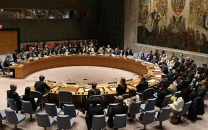
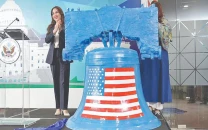
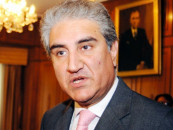
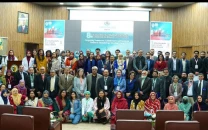
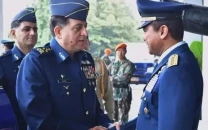













COMMENTS
Comments are moderated and generally will be posted if they are on-topic and not abusive.
For more information, please see our Comments FAQ